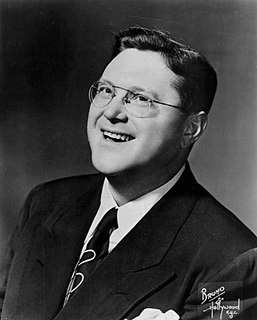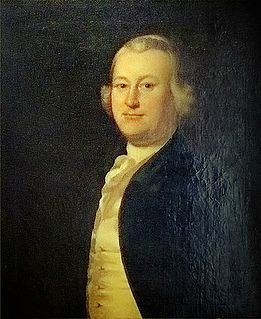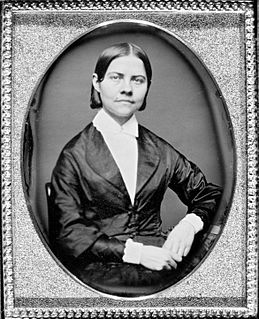A Quote by Sam Levenson
What we should have fought for was representation without taxation.
Quote Topics
Related Quotes
it was the United States which first established general suffrage for men upon the two principles that 'taxation without representation is tyranny' and that governments to be just should 'derive their consent from the governed.' The unanswerable logic of these two principles is responsible for the extension of suffrage to men and women the world over. In the United States, however, women are still taxed without 'representation' and still live under a government to which they have given no 'consent.
...it is not only the general principles of justice that are infringed, or at least set aside, by the exclusion of women, merely as women, from any share in the representation; that exclusion is also repugnant to the particular principles of the British Constitution. It violates one of the oldest of our constitutional maxims...that taxation and representation should be co-extensive. Do not women pay taxes?

































